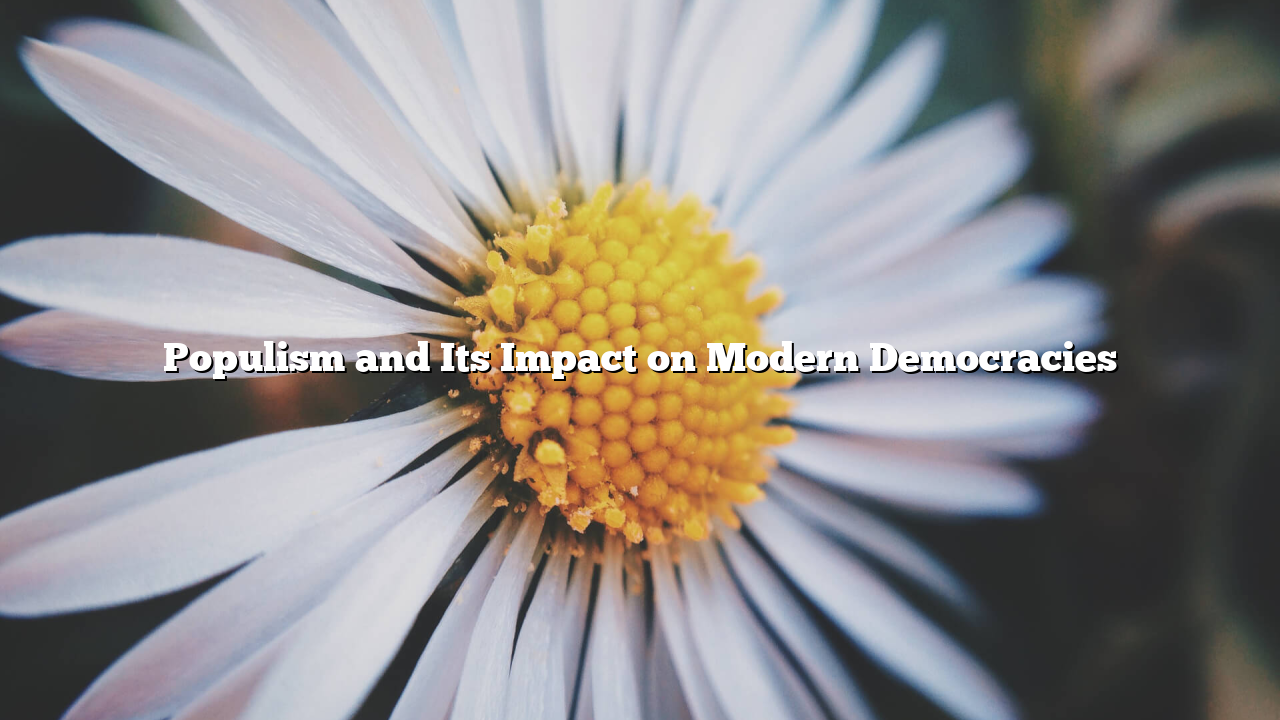Populism has become one of the most debated phenomena in global politics over the past decade. Leaders who present themselves as the voice of the “common people” against the so-called corrupt elite have risen to prominence across continents. From Latin America to Europe, and from Asia to North America, populist movements have challenged traditional political vikingtoto structures, reshaping the way democracies function. While populism can energize political participation, it also raises concerns about polarization, democratic backsliding, and governance stability.
At its core, populism is not an ideology but rather a political style. It frames politics as a battle between the “pure people” and the “corrupt elite.” Populist leaders often use direct, emotional language, promising to return power to ordinary citizens. This resonates strongly in times of economic crisis, social inequality, or cultural anxiety. For many citizens who feel neglected by traditional parties, populism offers a sense of empowerment and a more personal connection with leadership.
Economics plays a significant role in the rise of populism. In countries experiencing stagnant wages, unemployment, or declining industries, populist politicians often position themselves as defenders of domestic workers against globalization or immigration. For example, in Europe, right-wing populist parties have gained traction by criticizing immigration policies and the European Union. Meanwhile, in Latin America, left-wing populist leaders often emphasize wealth redistribution, social programs, and opposition to foreign influence. Despite their ideological differences, both forms of populism share the common strategy of appealing directly to the masses.
The digital era has further amplified populism. Social media platforms allow leaders to bypass traditional media and communicate directly with their supporters. Short, emotional messages spread quickly and create a sense of intimacy between leaders and citizens. However, this environment also encourages misinformation and polarization, as populist rhetoric often simplifies complex issues into “us versus them” narratives. The result can be a fragmented public sphere where compromise becomes increasingly difficult.
Populism can bring certain benefits to democracies. It often revitalizes political participation, drawing in citizens who previously felt disconnected from the system. In some cases, it can push established parties to address neglected issues, such as corruption, inequality, or sovereignty. By forcing elites to confront these concerns, populist movements can sometimes lead to meaningful reforms.
Yet, the dangers of unchecked populism are equally significant. When populist leaders undermine institutions such as independent courts, free media, or checks and balances, the very foundation of democracy is threatened. Some leaders have used populist rhetoric to justify authoritarian practices, claiming that they alone represent the “will of the people.” This trend has been observed in various parts of the world, where once-democratic systems have experienced democratic backsliding under populist regimes.
The challenge, therefore, lies in balancing the energy that populism brings with the stability of democratic institutions. Citizens need to remain vigilant in holding leaders accountable, ensuring that promises of “power to the people” do not translate into the erosion of freedoms. Meanwhile, traditional political parties must adapt by becoming more responsive and transparent, addressing the concerns that fuel populist anger.
In conclusion, populism is neither inherently good nor bad. It is a reflection of society’s frustrations and desires, shaped by economic, cultural, and political contexts. While it has the potential to revitalize democracy, it can also undermine it if not checked by strong institutions and active civic engagement. As populism continues to shape modern politics, the future of democracy will depend on how societies manage this complex and powerful force.
